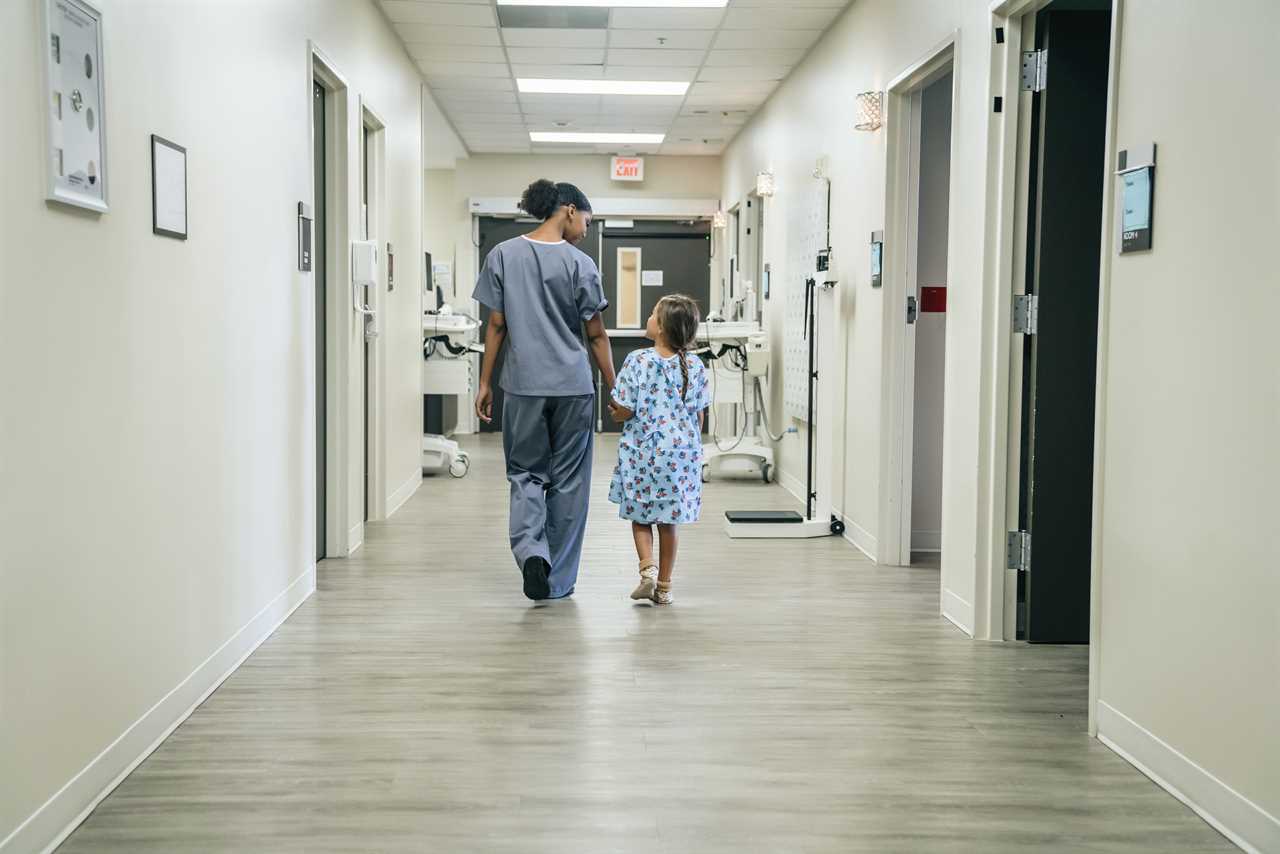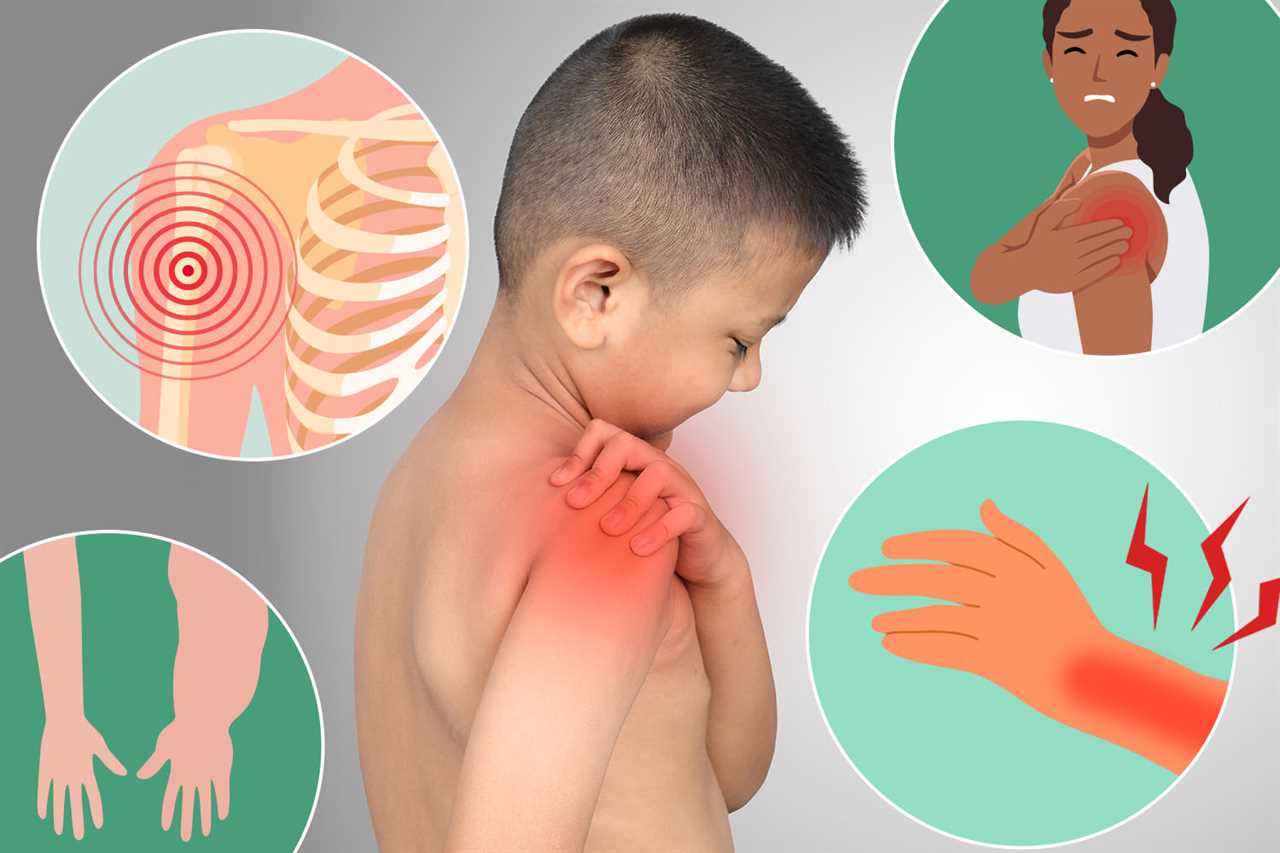
Amidst the intricate landscape of childhood cancer diagnosis, a recent review sheds light on the disparities faced by teenagers and children with bone cancer, revealing prolonged wait times for crucial diagnoses compared to other forms of the disease. This revelation not only underscores the urgency of timely detection but also hints at systemic challenges within the healthcare system that demand attention.
Challenges in Timely Diagnosis
While the average time to diagnose childhood cancers stands at 4.6 weeks, the study by University of Nottingham researchers exposes troubling variations. Young individuals aged 15 to 18 endure the longest delays, waiting an average of 8.7 weeks for a diagnosis, with bone cancer patients facing the most extended wait of 12.6 weeks on average. These delays, particularly in bone cancer cases, raise concerns about the potential impacts of delayed treatment on prognosis and overall outcomes.
The Wider Impact of Delayed Diagnosis
Experts caution that a delayed diagnosis not only allows cancers to grow unabated but also complicates treatment efforts, often necessitating more invasive interventions and intensive therapies. The implications of these delays extend beyond mere statistics, influencing the quality of life and survival rates of young cancer patients. By delving into the root causes of these delays, we uncover broader issues around access to care, resource allocation, and the complexities of diagnosing rare cancers in younger populations.
Urgent Calls for Action
Highlighted in The Lancet Regional Health – Europe, the researchers stress the urgency of addressing these disparities and inefficiencies in childhood cancer diagnosis. Calls for targeted interventions to expedite the diagnostic process for vulnerable groups, such as older teenagers and those with specific cancer types like bone tumours, underscore the pressing need for a more equitable and efficient healthcare approach. By acknowledging and rectifying these disparities, we move closer to ensuring timely diagnoses and improved outcomes for all young cancer patients.

As we navigate the intricate web of childhood cancer diagnosis, it becomes evident that unraveling the complexities of delayed detection requires a concerted effort from healthcare providers, policymakers, and the wider community. By shining a light on these disparities and advocating for transformative change, we pave the way for a healthcare system that prioritises early detection, equitable access to care, and improved outcomes for all children and young people battling cancer.






